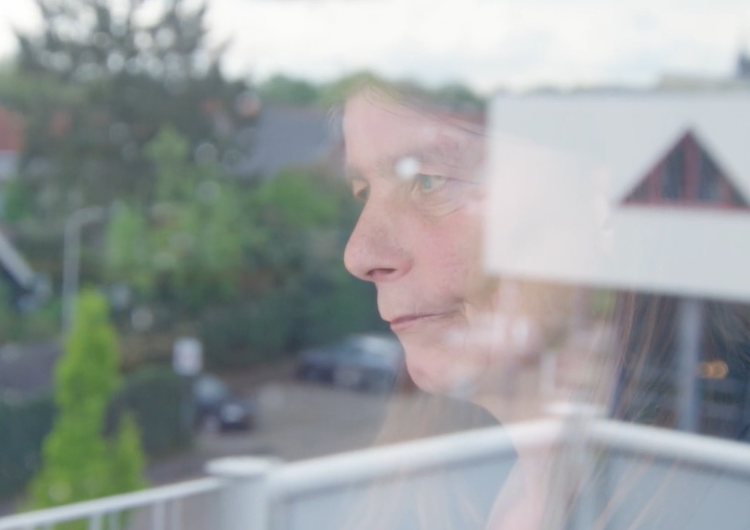The launch of the EU Platform on Combatting Homelessness in Lisbon on June, 21st was a long-awaited commitment that many national ministers, the EU institutions, cities and also Housing Europe representing public, cooperative and social housing providers have signed. Seeing this ambition black on white reassures us that Europe wants to build back a better, fair society but for the Platform to succeed, we need a real, fundamental change in the EU approach to housing.
‘Housing cannot be left to the market’ stated Commissioner Schmidt for Jobs and Social Affairs a month before the launch of the EU Platform to combat homelessness on June, 21st. Growing rates of homelessness in Europe leave no doubt on the truth of this statement.
Particularly in the case of addressing long-term homelessness, evidence shows that each individual’s needs and dignity has to be at the heart of the approach. Boosting mutual learning on the best ways to achieve this as well as ensuring a monitoring and exchange and of both quantitative and qualitative data on what works and what does not in terms of well-being of the individual, but also crucially, the impact at neighbourhood level, will be the vital role to be played by this platform. Sustainable and smart solutions are required, and they should be integrated into the housing policy at national, regional and local level.
What is already clear is that this targeted approach requires a radical increase in resources for both housing and social and health services. Indeed, strong partnerships between social and public housing providers with social and health services are the cornerstone of the many successful projects which end homelessness.
To address the housing side of the partnership adequately, in many cases a lack of supply will need to be addressed. Evidence from the Flemish federation of social housing, VVH shows that social housing providers in partnership with social services, have the highest success rates in addressing homelessness via the so-called Housing First model stressed that the 500,000 people on waiting list for social housing in Flanders (Belgium), a country where only 6% of housing is social, is the same number of people with homes provided by social housing providers currently.
Speaking on the eve of the launch of the platform, Director of the Social Mission of Gothenburg, and current President of FEANTSA, Kjell Larsson explained that adequate new supply of public housing is the cornerstone of the success of his organisation’s work on tackling homelessness in Gothenburg, Sweden.
Homelessness is the tip of the iceberg that is our housing crisis. The lack of affordable housing is just simmering below the surface, particularly in our major cities, and is a de-facto ticking timebomb in Europe. While 700,000 people are estimated to be homeless, over 10 million people in the EU say today that it is likely that they will need to leave their accommodation within the next 3 months because they can no longer afford it. These figures which are linked to the current economic recession and jobs losses, a context where the lack of affordable housing is a growing problem, homelessness rates look set to increase.
The Platform therefore if it is to succeed must herald the beginning of a more fundamental change in the EU approach to housing in line with the latest call from the OECD for “renewed public investment in social and affordable housing, including substantial investments in the construction and expansion of the social housing sector”. This change which indeed calls for more state involvement in housing needs to address contradictions in EU policies which advocate for less state intervention, in cases of reductions in social housing stock and an increase in market-oriented mechanisms.
‘One euro spent in prevention, combating poverty at its roots, will save us thousands of euros in remedial action. It is investment in people, in their hopes and talents.’
European Commissioner for Jobs and Social Affairs, Nicolas Schmidt
As Commissioner Schmidt stressed in his opening address launching the platform, it also makes economic sense to address homelessness as ‘One euro spent in prevention, combating poverty at its roots, will save us thousands of euros in remedial action. It is investment in people, in their hopes and talents.’ However, this change must be driven by the fact that as reminded by Bent Madsen, President of Housing Europe, that fighting homelessness and providing access to decent housing for all is ‘an obligation for our welfare states for both the individuals and society as a whole.’
